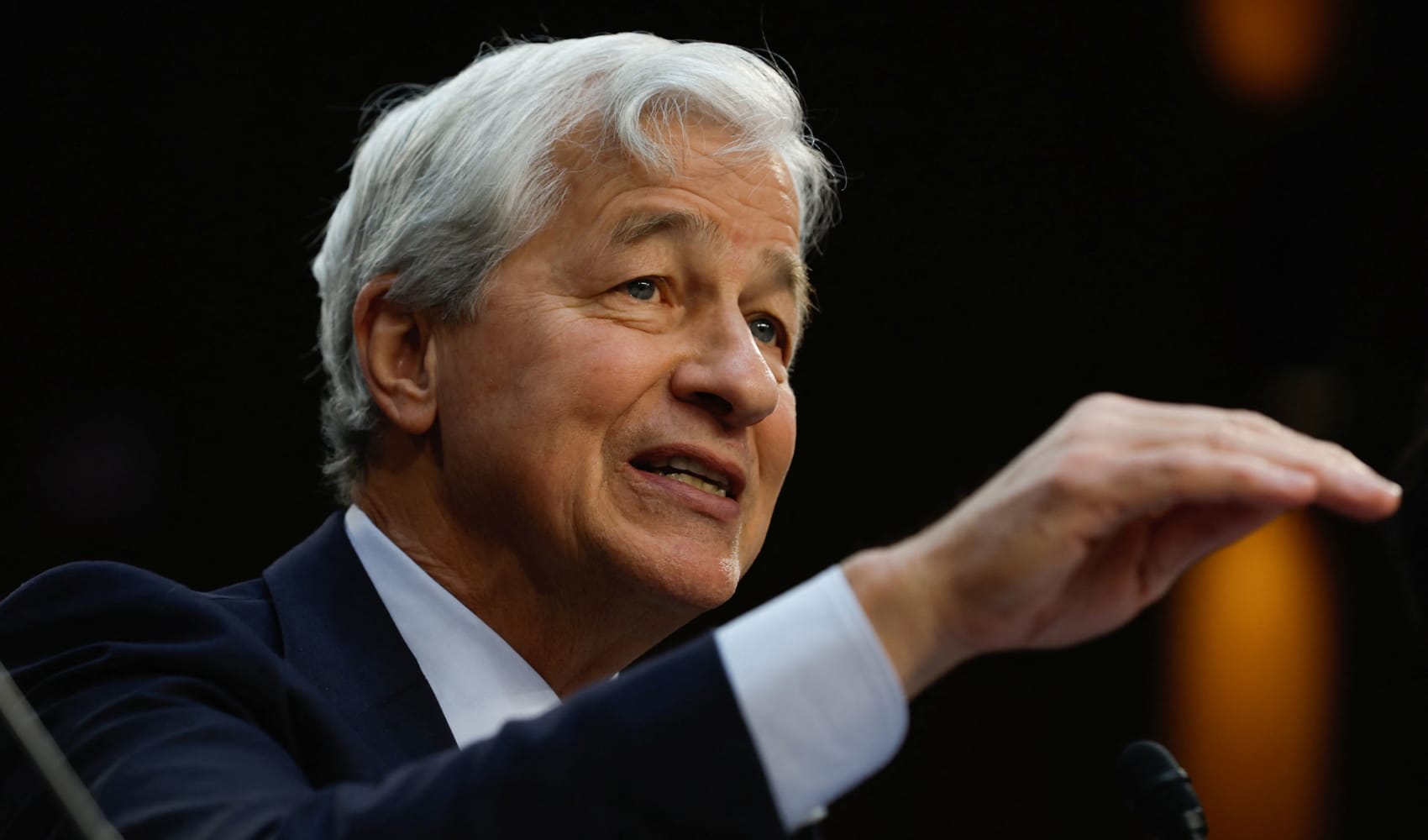
- The crisis in Afghanistan happened early enough in Biden's presidency to take corrective action.
- It will take a ruthless assessment of mistakes made and lessons learned.
It's hard to find a silver lining in the darkness of the Afghanistan squall but here is one for President Joe Biden: This crisis happened early enough in his presidency for him to take corrective action, based on a ruthless assessment of mistakes made and lessons learned.
Those actions should focus on three areas: restoring allied confidence in U.S. leadership, laying out a robust counterterrorism strategy based on Afghanistan's changed reality, and rallying regional actors to shape and constrain Taliban behavior.
None of that will be easy.
We're making it easier for you to find stories that matter with our new newsletter — The 4Front. Sign up here and get news that is important for you to your inbox.
Yet it all is urgently necessary with the Biden administration's historic ambitions and U.S. credibility at stake during a time the president has correctly described as an inflection point in a systemic contest between authoritarianism and democracy.
If the administration takes these three courses of action, President Biden can more effectively return to his "Build Back Better" narrative of quelling Covid-19 and focusing on economic stimulus and infrastructure plans that have already fueled U.S. jobs and growth.
Biden's audacious presidential ambitions need not die in the Hindu Kush, alongside the 13 American service members and at least 169 others who lost their lives to suicide bombers on Thursday. A U.S. military drone strike Friday was said to have taken out two ISIS-K planners behind that attack, and evacuations continue against the Tuesday withdrawal deadline.
Money Report
Yet it isn't too early to start planning the aftermath to 8/15, the deadliest day for the U.S. military since 2011. Presidents Barack Obama and Donald Trump were able to escape their presidencies without an international crisis of this dimension. President George W. Bush wasn't as lucky, and he would be the first to tell President Biden that Afghanistan will likely define his administration. Biden can still do much to shape that story, however.
Cynical domestic political voices in Washington — and they exist in considerable numbers — argue that Americans will forget Afghanistan quickly. All will be well once Americans are out of harm's way, according to this argument. Others are already jockeying to leverage this crisis to replace the Biden-Harris ticket for 2024 or, among Republicans, to position themselves as a more decisive and competent alternative.
Cynicism can win some electoral races, but it is never a recipe for greatness. The United States and President Biden himself still have greatness within their grasp. It will take a new level of focus and execution on international common causes.
First, President Biden must match his "America is back" rhetoric about embracing allies with much deeper and more meaningful consultation on issues that are most significant to U.S. partners.
Though the issues of counterterrorism and Afghanistan may come first to mind, our allies both in Asia and Europe most of all want us to consult more closely with them on the Biden administration's approach to China, which is of far greater concern to almost all of them. In short, they want to be treated like the strategic partners the Biden administration has told them they are.
"America's alliances are our greatest asset," Biden said in his first foreign policy speech this February at the State Department. "And leading with diplomacy means standing shoulder-to-shoulder with our allies and key partners yet again."
Those allies, however, complain that the outreach hasn't matched the rhetoric. European ambassadors say their governments weren't consulted ahead President Biden's April speech on withdrawal from Afghanistan or regarding its timing and execution, though their citizens and troops were also at risk.
Former Secretary of State Henry Kissinger writes in the Economist this week that of fundamental concern "is how America found itself moved to withdraw in a decision taken without much warning or consultation with allies or the people most directly involved in 20 years of sacrifice."
Seven months into the Biden administration, U.S. officials still tell their allies that America's China policy is "under review." The Biden administration should bring its closest allies into the tent of these discussions, even as they work their way through the U.S. interagency process. While it does so, it should also urgently address lingering trade tensions left over from the Trump administration.
Second, the Biden administration should begin intensive counterterrorism consultations with its closest allies. In an interview with CBS, Secretary of State Tony Blinken rightly argued that terrorist cells have metastasized since the 2001 attacks and are now scattered all over the world.
Thus, the vastly improved U.S. "over-the-horizon" ability to take on terrorists is the new normal, and now will be applied to Afghanistan as well. But that overlooks how the terrorist scattering came about in no small part because Terrorist Inc lost its safe haven in Afghanistan.
In none of the countries where terrorists now operate do they enjoy a regime as potentially hospitable to them as the Taliban is likely to be. Terrorists still consider 9/11 to have been a success in striking the American infidels, and the Taliban taking of Afghanistan near the 20th anniversary of that attack will likely provide a boost to recruitment and a new home for training and common cause.
There is a reason jihadists around the world reacted to the Taliban's victory by handing out sweets and setting off fireworks.
Finally, the Biden administration needs to work in particular with regional partners to monitor, shape and discipline Taliban activity.
International actors have leverage on the Taliban due to its current desire for international recognition, its urgent economic problems, and its need for skilled partners who can help with Afghanistan's development.
The key here will be whether countries like China and Russia, once they have digested their satisfaction with this American setback, will see a benefit in working with the U.S. to ensure the Taliban doesn't create an extremist state with terrorist leanings.
Expect tough conversations over that, as China will want the U.S. in return to ease up on its charges that Beijing is, in the words of Secretary Blinken, engaged in "genocide" against its Uyghur Muslim minority.
The concept of a "silver lining," seeking the most positive aspects in the most negative situations, is thought to have been first expressed in a John Milton poem of 1634. The Biden administration needs to seize upon this old idea now and use its benefit of time to correct course with allies and partners over Afghanistan and beyond.
Frederick Kempe is the President and Chief Executive Officer of the Atlantic Council.






